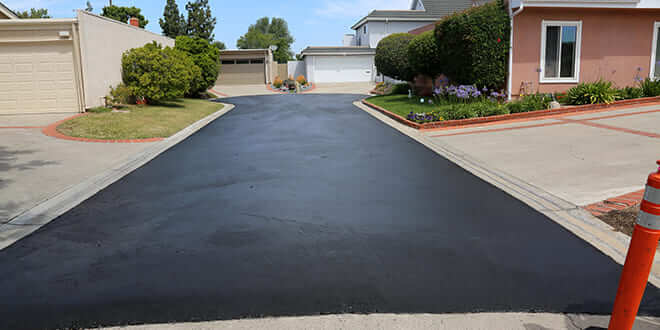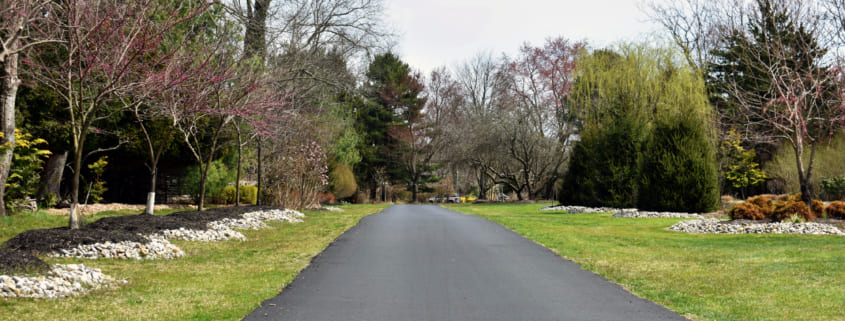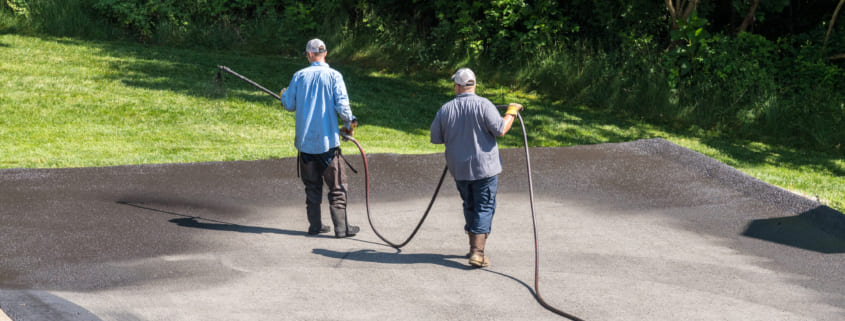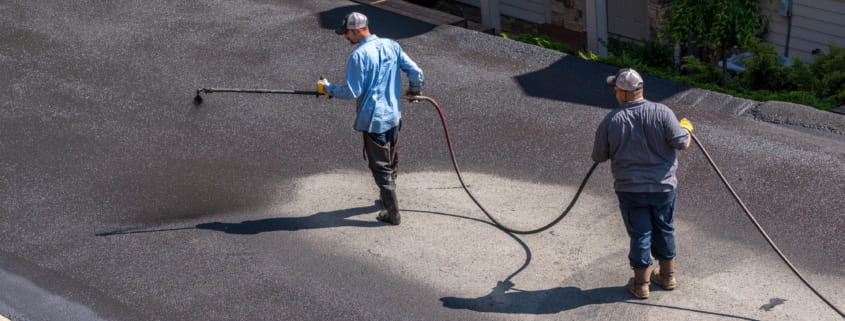5 Key Advantages of Asphalt Driveway Coatings

If you’re like most of us, your driveway is probably one of those things you don’t think about much… until it starts looking shabby. Well, let me tell you, maintaining that stretch of asphalt leading up to your home is more important than you might think. It’s not just about curb appeal; it’s about protecting […]
The Pros and Cons of Sealing Asphalt

Whether you own a parking lot or a single driveway, you want to have your space looking great throughout the year. Asphalt surfaces often need to be repaved or repaired. If you are looking for ways to add a protective layer, it might be time to apply asphalt driveway coatings. This process is an investment […]
When Is The Best Time To Sealcoat A Driveway?

The best time to sealcoat your parking lot or driveway is a loaded question. There are many things to consider before you add a sealant to your asphalt. The optimal time to sealcoat will depend on the needs of your driveway or lot. With this brief look at the process, you can choose the right […]
What Is Sealcoating?

If you own asphalt pavement, you have probably read about the benefits of seal coating. Many people do not understand the importance of this application. You may have a few questions about the cost and necessity of adding this protective coating to your asphalt. Here are some things that you should know about seal coating […]
